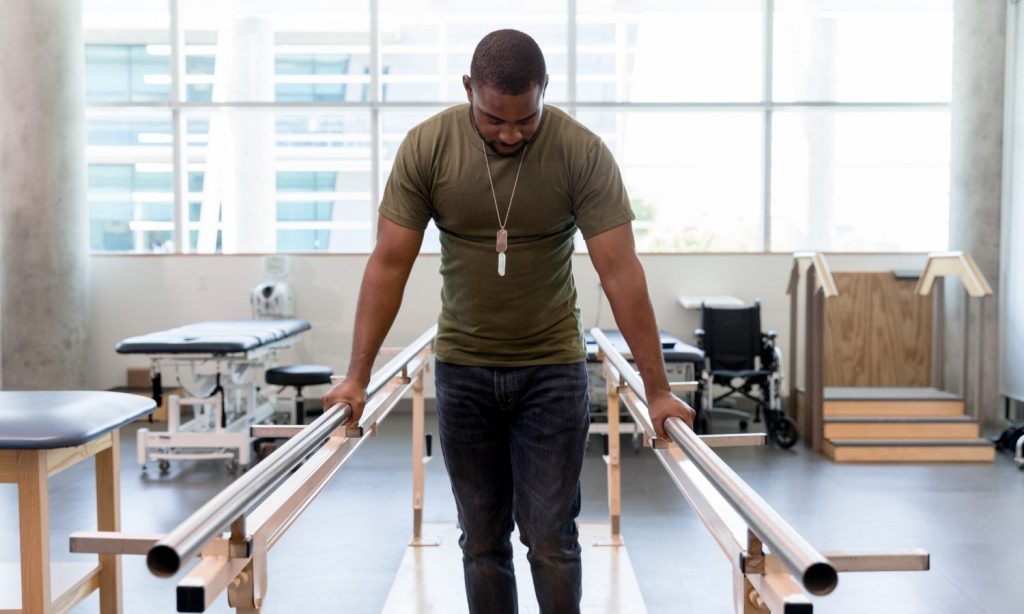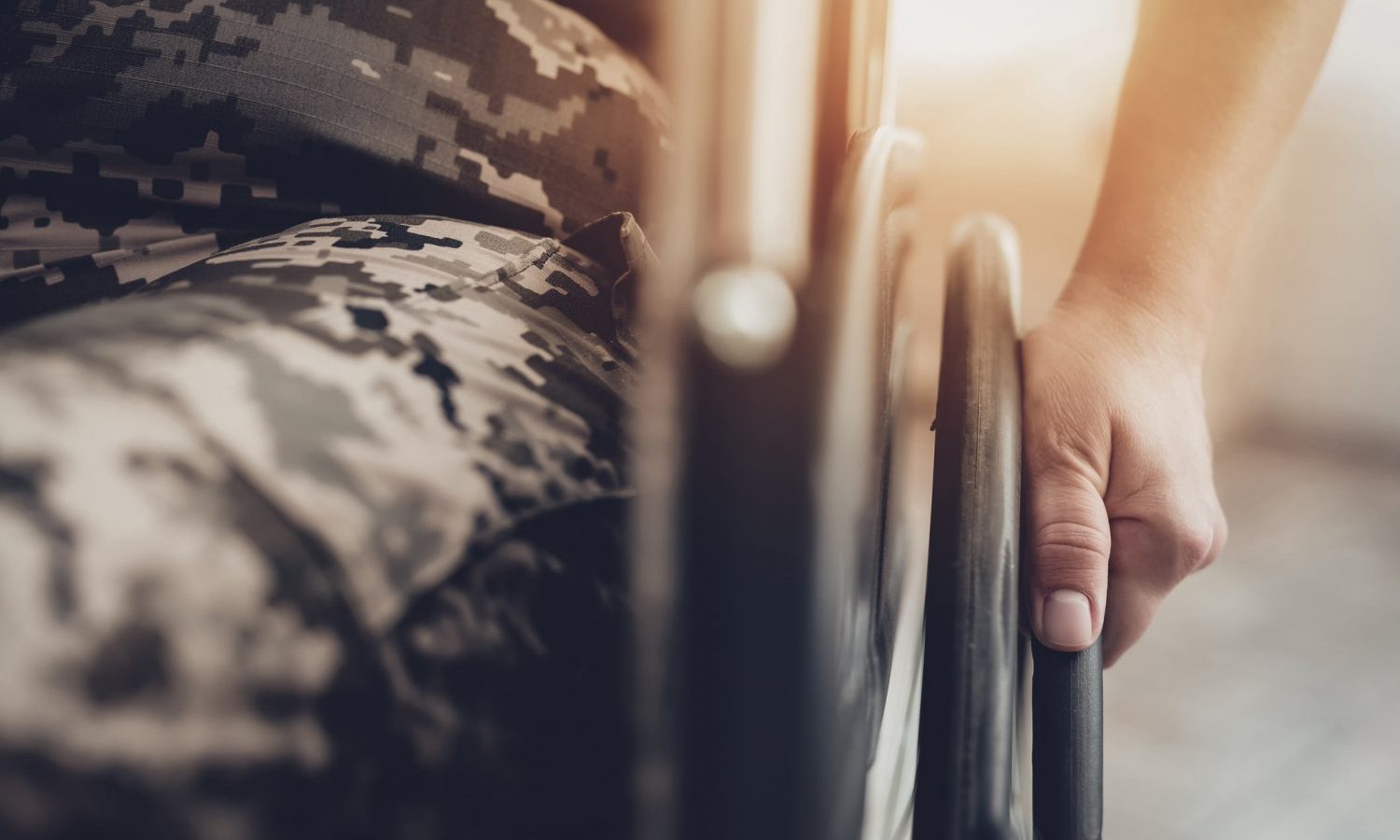Currently, physicians who are affiliated with the Department of Veterans Affairs are not allowed to recommend cannabis for medical use.
It’s no secret that many veterans are turning to cannabis to combat some of the difficulties they may be facing from serving in the military. There is no one reason a veteran uses cannabis, rather, veterans’ reasons for use go across the board. Missouri even voted to allocate the sales tax on medical marijuana sales to veterans, a trend that is not uncommon throughout other states.
Post-traumatic stress disorder (PTSD) is one of the most commonly cited reasons among veterans who use cannabis. Post-traumatic stress disorder is when someone, in this case a veteran, experiences heightened anxiety, stress, paranoia, depression, and other symptoms because of the trauma they endured serving.
PTSD
This study from researchers at Wayne State University in Detroit, Michigan was published in June of 2020, so the data is very recent. The study suggests that low doses of THC can help regulate trauma-related stress responses and anxiety. The research further concludes that THC in therapeutic doses has the potential to prove advantageous in treating stress and trauma related conditions. It was a randomized, double-blind placebo study — which typically ensures very thorough results.
RELATED: Veterans Can Use Medical Marijuana, They Just Have To Pay For It
This data is preliminary, but it confirms what veterans have been saying for years about cannabis use and PTSD. In addition to PTSD, veterans may seek the help of cannabis for various other mental health conditions, such as depression or anxiety. Roughly, 11-20 veterans out of every 100 who served in operations Iraqi Freedom and Enduring Freedom have PTSD in a given year.

Pain
Pain is another reason veterans may use cannabis. Many of the men and women who served experience pain from injuries they sustained, as well as just general wear and tear on their body from being in the military. Those who serve stay moving and have a strict exercise regimen, it makes sense that they’d experience pain.
Veterans Affairs
According to a 2019 survey conducted by Iraq and Afghanistan Veterans of America (IAVA), 75% of military veterans say they’d consider using either “cannabis or cannabinoid products as a treatment option.” 83% of respondents expressed their support for medical cannabis access, while 63% of participants believe that the Department of Veterans Affairs should “allow for research into cannabis as a treatment option.” Unfortunately, cannabis’ federally illegality presents some potential challenges for veterans.
RELATED: Congress Approves Bills That Will Expand Medical Marijuana Access For Veterans
Currently, physicians who are affiliated with the Department of Veterans Affairs are not allowed to recommend cannabis for medical use. According to the VA website, veterans who use cannabis will not have their benefits denied. However, like we mentioned above, physicians in the VA system cannot recommend marijuana. The Department of Veterans Affairs still encourages veterans to have conversations with their doctor about marijuana, and make them aware they are participating in the medical marijuana program.
The Safe Harbor Act
A bill was introduced in February of 2019 known as the Safe Harbor Act. This bill essentially secures veterans’ right to use, possess, and transport cannabis as needed so long as they are living in a state where it is legal. It also protects their right to discuss marijuana use with their physician. In addition to protecting a veterans’ right to use cannabis, this bill requires the VA to report the effects of medical marijuana on veterans’ pain, as well as the relationship between state-approved medical marijuana treatment programs, program access, and opioid abuse reduction. A portion of the text in the bill reads, “Congress finds the following:
- Chronic pain affects the veteran population, with almost 60 percent of veterans returning from serving in the Armed Forces in the Middle East, and more than 50 percent of older veterans, who are using the health care system of the Department of Veterans Affairs living with some form of chronic pain.
- In 2011, veterans were twice as likely to die from accidental opioid overdoses as nonveterans.”
This article originally appeared on Green Market Report and has been reposted with permission.


